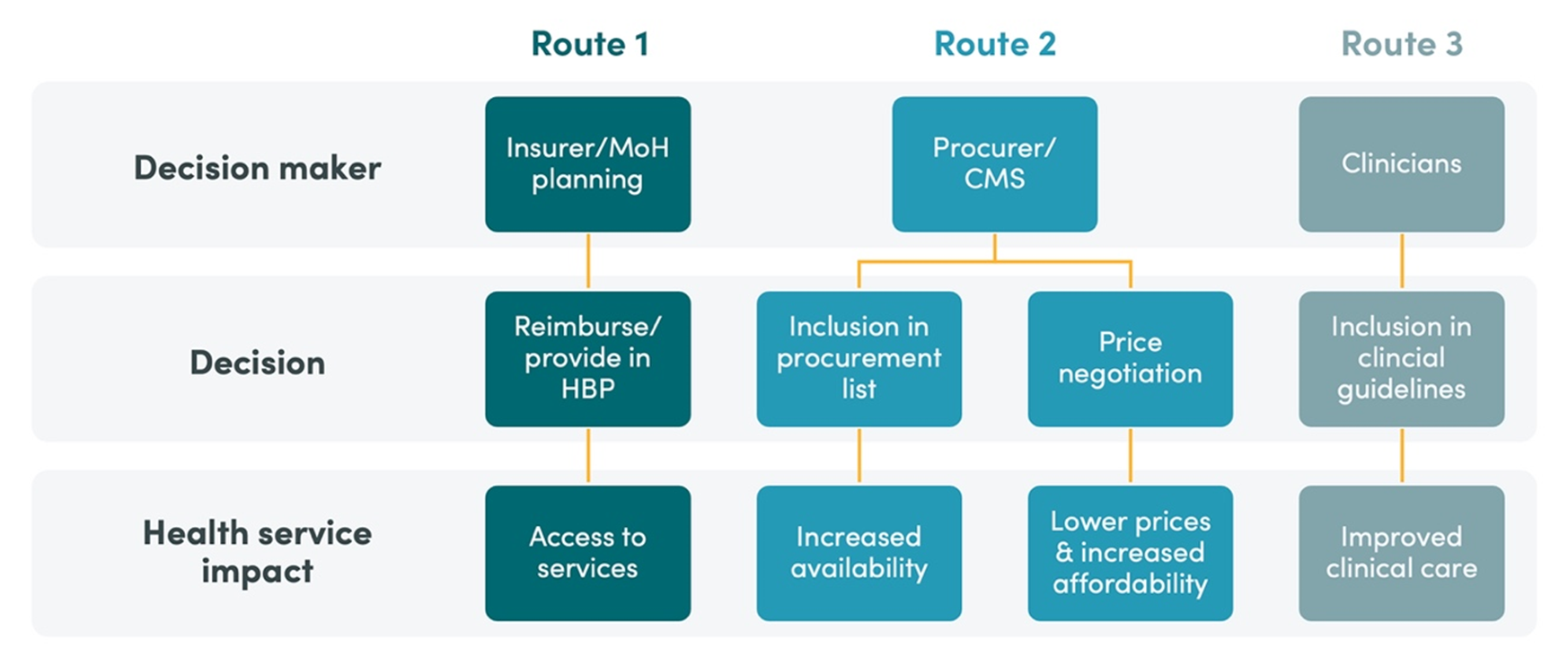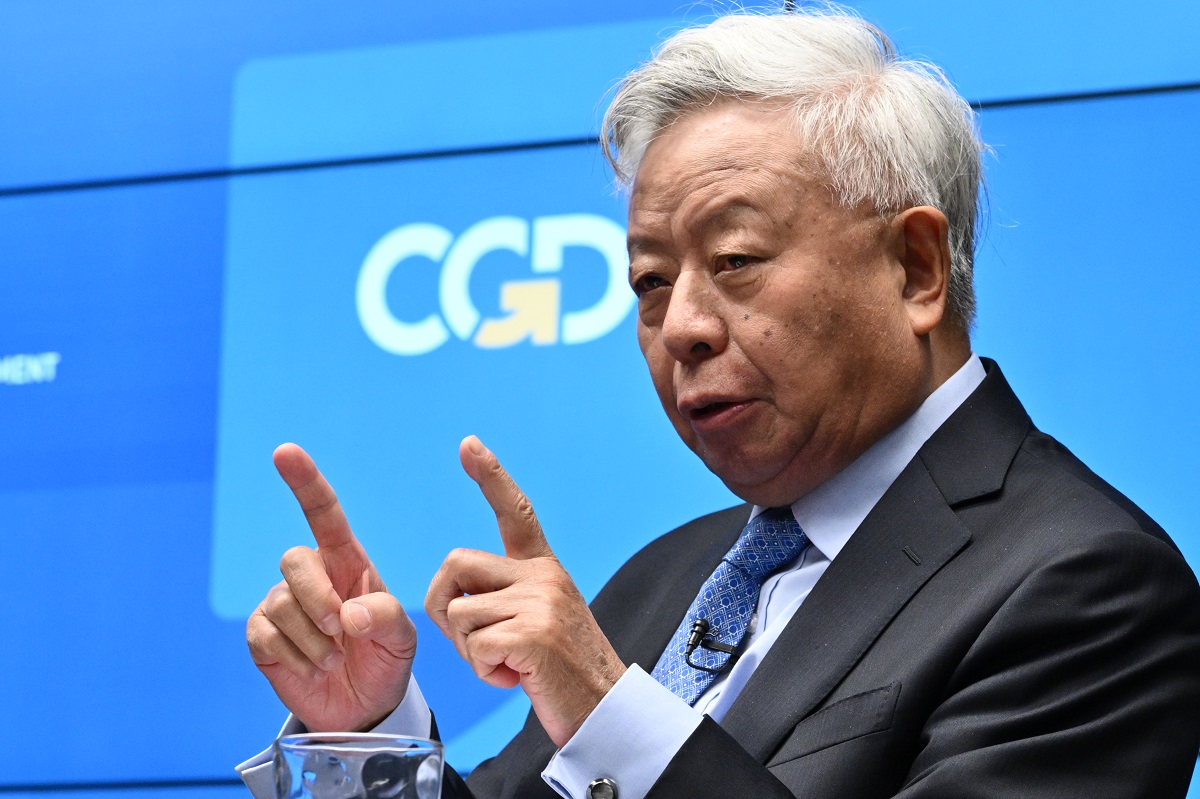If one thing is for certain following the CGD event, the “Asian Development Bank at 50,” the ADB’s work is far from done, and there will be no lack of ambition on the part of the US government and the bank’s other shareholders when it comes to a forward-looking agenda.
ADB Vice President Stephen Groff, Marisa Lago of the US Treasury, Changyong Rhee of the IMF, and Cinnamon Dornsife of SAIS joined CGD senior fellow Scott Morris in front of a full house to celebrate the 50th anniversary of the ADB, reflect on the Bank’s accomplishments, and discuss the role of the ADB in the region in the years ahead.
Below, we summarize four concrete suggestions and observations that emerged from the discussion, but for more, tune into the full video:
Responding to a rapidly changing, more sophisticated clientele: An important part of the Bank’s role going forward will be to stay in tune with changes in the financing needs of the region, taking the institution further from the days when the scope of its investments were summed up in a joking reference to its acronym as “Asian Dams and Bridges.” Infrastructure needs in the region remain high, pointing to the continued relevance of the bank’s core mission. But there is more scope for effective ADB engagement in other sectors and through other forms of engagement than traditional infrastructure finance.
Panelists cited a variety of challenges and suggested responses for the Bank. As Asian capital markets continue to develop, the bank must be prepared for less hard currency lending, altering its focus to local currency financing. Institutionally, panelists agreed that going forward, the Bank must look inward to its own governance structures, and establish more flexible instruments that recognize the growing capacity of Asian governments. Panelists also placed an emphasis on crowding in other dollars, specifically private sector involvement, and the strengthening and streamlining business processes.
A broker of knowledge: The Bank should do more to provide intellectual leadership in the region. While capital for targeted development objectives is still a central need in many parts of Asia, knowledge sharing should play a major role going forward. Panelists spoke of the importance of the ADB as facilitating both information sharing across the region, as well as helping to develop “Asia specific knowledge” unique to the region and its needs. This may include leading the way in establishing efficient governance systems incorporating Asia specific voices and experience. Additionally, panelists highlighted the importance of the ADB taking the lead on refreshing the current global standard for infrastructure and governance. The ADB Institute, the Bank’s own think tank, produces policy relevant research, and can be the center of innovation in creating this intellectual leadership in the region.
Climate change and crisis response: Asia, and particularly the region’s island states, are highly vulnerable to the effects of climate change, which points to a range of critical activities for the ADB. The panelists cited work already underway, in particular a focus on resilient infrastructure in urban settings and range of responses in small island states, where climate change is already a huge fact of life. Additionally, the panel was encouraged that both China and the US share a vision of seeing the Bank engage in renewable energy and pollution control, signaled by the ADB’s first policy based loan to China concerning pollution reduction. Going forward, panelists emphasized the importance of building resilience and developing tools to allow countries to help anticipate and respond to various crises.
With new institutions, collaboration and leadership is key: The panelists struck a positive tone on the potential for collaboration between the ADB and the newly-formed Asian Infrastructure Investment Bank and the New Development Bank. Nonetheless, with an increasingly crowded field of institutions and policy voices, ADB’s advantage comes from its reputation as a neutral, honest broker. With an agenda focused on good governance and anti-corruption, the ADB’s approach to environmental and social standards will continue to be a defining feature of the institution. Collaboration with the new actors in these areas, as well as in project co-financing, will deliver a good outcome for Asia.
CGD blog posts reflect the views of the authors, drawing on prior research and experience in their areas of expertise.
CGD is a nonpartisan, independent organization and does not take institutional positions.





